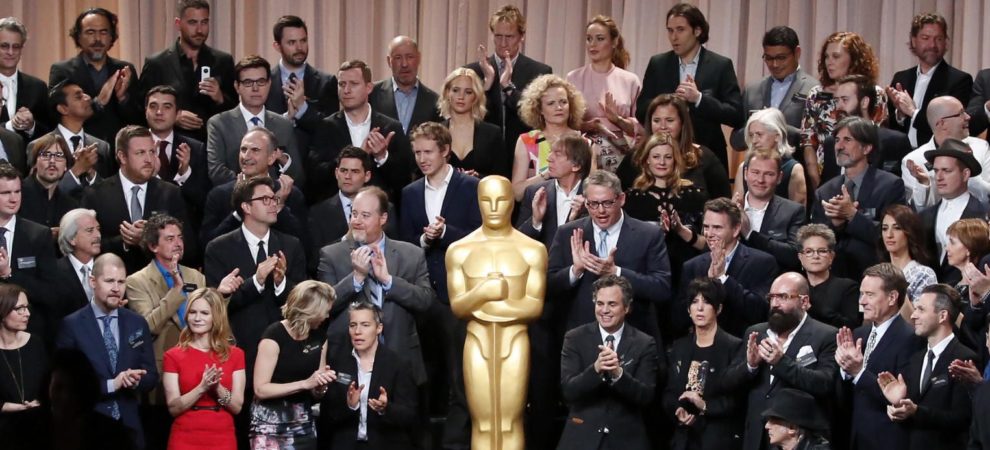
By Sara Veltkamp, Minerva Strategies –
A couple of years ago, I was waiting for a flight in the Addis Ababa airport, when I struck up a conversation with a white South African. About 15 minutes into a conversation that was not about race, he blurted out: “I’m not racist or anything. I have a lot of black friends.” The remark came out of nowhere and it was defensive in a situation that was far from combative.
To be contrarian, I took the opposite tack. “I think I might be racist,” I admitted. The guy looked at me as his jaw went slack. Finally, he responded, “I’ve never heard anyone say that before.”
Let me pause here to say I’m afraid to write about race. For those of you who don’t know me, I’m white. Because of this, I am bestowed with privilege I did nothing to earn, and I’m terrified that in having conversations about race I will say the wrong thing and come off as a bigot. I’m terrified about this because deep down I am afraid that I am racist – or at least that I am at the mercy of my ingrained biases.
After I told the Afrikaner that I might be racist, we discussed what I meant. Growing up, I had little exposure to the lives of people of color. I was raised in a Midwest neighborhood with one black family a few streets away. I had one person of color in my class at school. I was and I still am inundated with media stories, films, TV shows, political leaders’ views, and even nonprofit fundraising appeals that insist people of color are dangerous, criminal, less intelligent, less capable, and “in need.” I don’t believe these things, but I’m worried that my all-white upbringing and the continued onslaught of negative inputs make a difference in how I perceive the world, despite my opposing values and conscious belief system.
Studies about choice-making show that when faced with a decision, we start to act before thinking and then our brain justifies our actions, making us feel like we made a choice. But really, we’re acting automatically, informed by our conditioning. That scares me. Given the history of racism and existing social narratives in the United States, so many of us are conditioned to be racially biased.
As a result, I have decided two things: The first is that it’s good to wrestle with how conditioning affects my attitudes. The fact that I have not had to think much about race is evidence of my privilege. The worst thing that can happen to me when someone misinterprets my comments is that they think poorly of me. Meanwhile, people of color regularly deal with the physical danger of others misinterpreting their actions.
The second is that I need to change the things I consume in order to subvert my conditioning. Don’t get me wrong, I know that reading books by black authors is not the silver-bullet solution to institutionalized racism. But I do believe that big changes are the accumulation of small shifts. And as a communications professional, I believe the media we consume matters. If more people continue to demand diverse voices in our films, our news media, and our literature, then more of it will be produced. Then we will have more heroes and love interests that are people of color, and that will become normal and unremarkable.
Normalizing the lives of people of color is one of the reasons that Reza Aslan gave up being the go-to pro-Muslim voice in the news and instead is working on a sitcom that depicts the life of Muslims in the U.S., not as they defend their beliefs, but as they go to school, make breakfast, or go to work. In other words, depicting people of color as … people. Unfortunately, ABC dropped the show after the Trump election so the value of a “Will & Grace for Muslims” has yet to be tested.
I hope that neighborhoods like the one I grew up in are a thing of the past. I recently went home and noted that while it’s still majority white, it’s not as white. It’s a start. As is the #oscarssowhite outcry of a few years ago and subsequent emphasis on films directed, produced, and acted in by people of color. I’m also heartened by the development of more democratic mediums and platforms like podcasting, where fewer gatekeepers – film production companies, publishing houses, and media empires – keep people of color from putting out critical content.
It’s not enough. So many components are necessary from policy change to education to financial reparations to help people of color overcome the barriers to opportunity constructed against them. But with biases this ingrained, we need to come at this challenge from all angles. A shift in what media is available for future generations may be just a drop in the bucket, but it could also be one of the small things that contribute to big change.